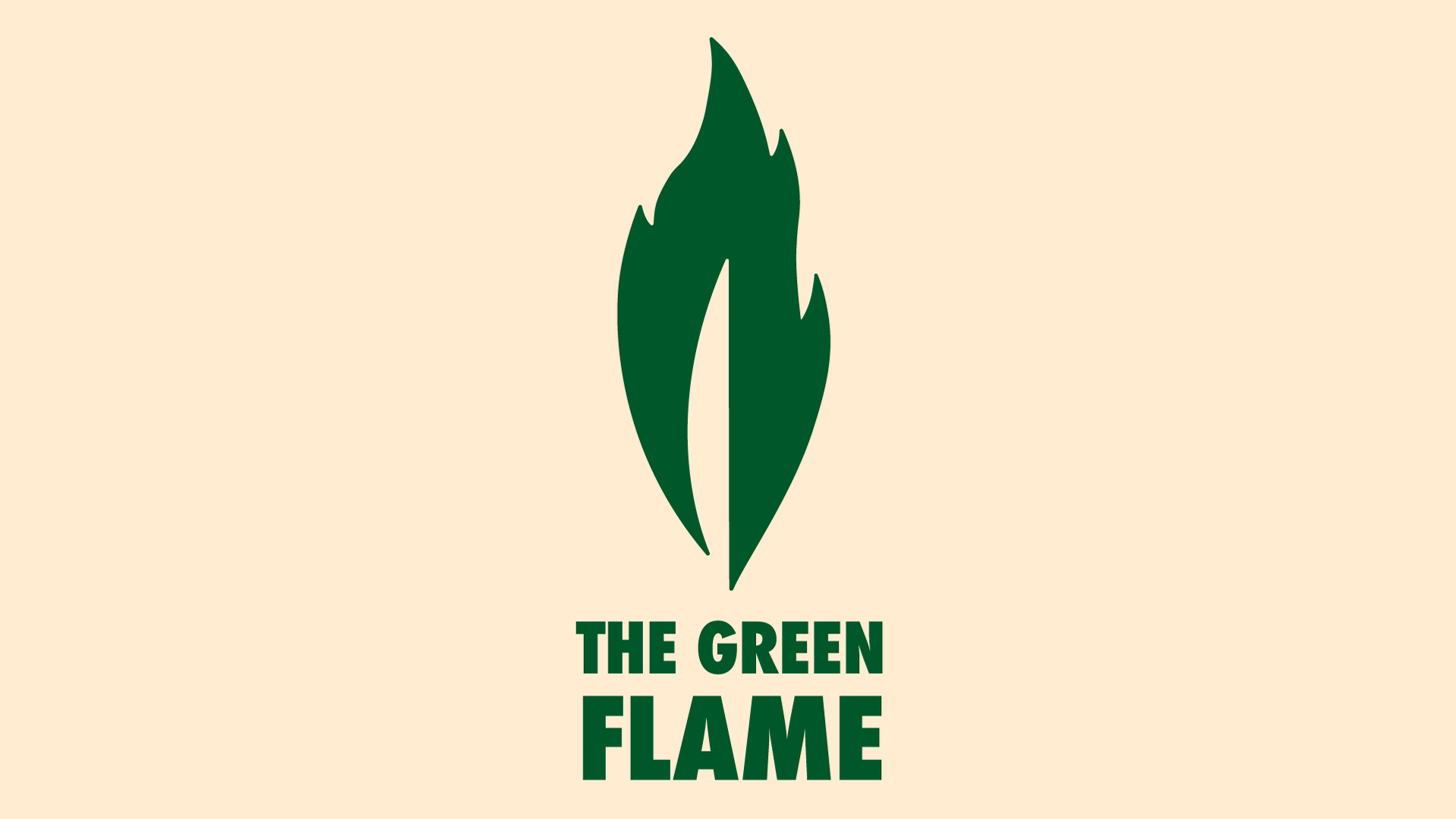Our guest for this show is Esther Figueroa. Esther is a Jamaican filmmaker, writer and advocate who in 2006 returned home to live in Jamaica after being based in Hawa’ii for 25 years. She has a long history of filmmaking, art, and community engagement to protect traditional cultures and the land. Dr. Figueroa has a PhD in linguistics and a masters degree in east asian langauges and literature. We talk about modernity, colonization, and aluminum mining in Jamaica.
MUSIC: " Red Pill" by Minori.
POEM: “Cockpit Country Dreams” by Olivia Senior.
Check out Esther’s video work on her YouTube channel, and two of her documentary films on The Paiute Salt Song Trail and the Reclamation of Polynesian Sailing Traditions.
&feature=youtu.beSubscribe to The Green Flame Podcast
Excerpt From This Episode
[16:45]
Max: Your latest film is called “Fly Me to the Moon” and as you said it’s an exploration of modernity through the lens of aluminum and bauxite mining specifically bauxite mining. Bauxite is the ore that is being refined into aluminum. So could you talk a little bit about what are the problems of bauxite mining and what is aluminum used for? Just sort of a general overview of aluminum and then we can go from there into Jamaica and Cockpit Country specifically and some of the history of how that looked. I think in one of your emails that you sent me before the interview that the global aluminum industry uses more electricity than the entire continent of Africa.
Esther: Aluminum basically is the material that allowed for 20th century modernity. If people imagined what it means to be modern, it means mobility, it means electricity, it means tall buildings, it means fast-paced life. Think of fast food, think of the cans that you drink, you know, back in the 50s the TV dinners, chewing gum wrappers, it is what made this way of life from kitchen-ware to fast-food franchises, automobiles, airplanes. Now in the 21st century, you know, the things that we depend on all are devices and then, of course, the satellites that make all of this communication possible, but what it is that aluminum is the most abundant metal in the Earth. The most widely used non-first metal meaning non-iron. It’s lightweight, durable, malleable, non-corrosive and chemically reactive. The thing is though it’s the most abundant metal, it never is in the Earth singularly, in other words, it is always combined chemically with other types of metals, other types of chemical combinations and so, what happens is it that has to be separated out, so there are basically 3 processes.
The first is bauxite, what bauxite is it’s a type of soil, it’s the metal in the soil, and it’s different in different places but it is usually kind of reddish or yellowish, In Jamaica it’s reddish and in Jamaica it is over 25% of the island is bauxite. What makes it attractive is that it is very close to the surface so that it can be easily extracted so what it is this soil. The first stage is the extractive process and that’s basically strip-mining. So huge bauxite haul roads because the trucks are big, the machinery is big, are just basically gouged out of mountains, hill-sides, wherever the bauxite is, so that means huge deforestation and destruction of whatever flora is there.
And then the soil is dug out, put in trucks, which then drive to a place where each truck is weight and then they dump it, it’s kept in piles, and then it’s moved unto trains which then take it to the coast where it’s shipped out or it is put into to tramways that are aerial tramways that go straight down to the port and then shipped out or it is taken to Alumina refineries and that’s the second stage, that is all of this soil, and remember it takes hundreds of years to produce a centimeter of soil. This is the most basic thing apart from air and water that we need. And billions of tons of this soil is being dug up and sent away either on boat to North America or we have a few Alumina refineries in Jamaica.
About The Green Flame
The Green Flame is a Deep Green Resistance podcast offering revolutionary analysis, skill sharing, and inspiration for the movement to save the planet by any means necessary. Our hosts are Max Wilbert and Jennifer Murnan.
We Need Your Help
Right now, Deep Green Resistance organizers are at work building a political resistance resistance movement to defend the living planet and rebuild just, sustainable human communities. In Manila, Kathmandu, Auckland, Denver, Paris—all over the world—we are building resistance and working towards revolution. We need your help. Can you become a monthly donor to help make this work possible? Not all of us can work from the front lines, but we can all contribute. Our radical, uncompromising stance comes at a price. Foundations and corporations won’t fund us because we are too radical. We operate on a shoestring budget (all our funding comes from small, grassroots donations averaging less than $50) and have only one paid staff. Monthly donors are the backbone of our fundraising because they provide us with reliable, steady income. This allows us to plan ahead. Becoming a monthly donor, or increasing your contribution amount, is the single most important thing we can do to boost our financial base. Current funding levels aren’t sustainable for the long-term, even with our level of operations now. We need to expand our fundraising base significantly to build stronger resistance and grow our movement. Click here to become a monthly donor. Thank you.
